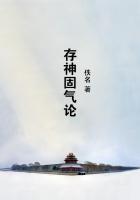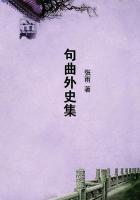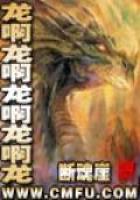IT WAS with considerable reluctance that I abandoned in favour of the present undertaking what had long been a favourite project: that of a new edition of Shelton's "Don Quixote," which has now become a somewhat scarce book. There are some- and I confess myself to be one- for whom Shelton's racy old version, with all its defects, has a charm that no modern translation, however skilful or correct, could possess. Shelton had the inestimable advantage of belonging to the same generation as Cervantes; "Don Quixote" had to him a vitality that only a contemporary could feel; it cost him no dramatic effort to see things as Cervantes saw them; there is no anachronism in his language; he put the Spanish of Cervantes into the English of Shakespeare. Shakespeare himself most likely knew the book; he may have carried it home with him in his saddle-bags to Stratford on one of his last journeys, and under the mulberry tree at New Place joined hands with a kindred genius in its pages.
But it was soon made plain to me that to hope for even a moderate popularity for Shelton was vain. His fine old crusted English would, no doubt, be relished by a minority, but it would be only by a minority. His warmest admirers must admit that he is not a satisfactory representative of Cervantes. His translation of the First Part was very hastily made and was never revised by him. It has all the freshness and vigour, but also a full measure of the faults, of a hasty production. It is often very literal- barbarously literal frequently- but just as often very loose. He had evidently a good colloquial knowledge of Spanish, but apparently not much more. It never seems to occur to him that the same translation of a word will not suit in every case.
It is often said that we have no satisfactory translation of "Don Quixote." To those who are familiar with the original, it savours of truism or platitude to say so, for in truth there can be no thoroughly satisfactory translation of "Don Quixote" into English or any other language. It is not that the Spanish idioms are so utterly unmanageable, or that the untranslatable words, numerous enough no doubt, are so superabundant, but rather that the sententious terseness to which the humour of the book owes its flavour is peculiar to Spanish, and can at best be only distantly imitated in any other tongue.
The history of our English translations of "Don Quixote" is instructive. Shelton's, the first in any language, was made, apparently, about 1608, but not published till 1612. This of course was only the First Part. It has been asserted that the Second, published in 1620, is not the work of Shelton, but there is nothing to support the assertion save the fact that it has less spirit, less of what we generally understand by "go," about it than the first, which would be only natural if the first were the work of a young man writing currente calamo, and the second that of a middle-aged man writing for a bookseller. On the other hand, it is closer and more literal, the style is the same, the very same translations, or mistranslations, occur in it, and it is extremely unlikely that a new translator would, by suppressing his name, have allowed Shelton to carry off the credit.
In 1687 John Phillips, Milton's nephew, produced a "Don Quixote"
"made English," he says, "according to the humour of our modern language." His "Quixote" is not so much a translation as a travesty, and a travesty that for coarseness, vulgarity, and buffoonery is almost unexampled even in the literature of that day.
Ned Ward's "Life and Notable Adventures of Don Quixote, merrily translated into Hudibrastic Verse" (1700), can scarcely be reckoned a translation, but it serves to show the light in which "Don Quixote" was regarded at the time.
A further illustration may be found in the version published in 1712 by Peter Motteux, who had then recently combined tea-dealing with literature. It is described as "translated from the original by several hands," but if so all Spanish flavour has entirely evaporated under the manipulation of the several hands. The flavour that it has, on the other hand, is distinctly Franco-cockney. Anyone who compares it carefully with the original will have little doubt that it is a concoction from Shelton and the French of Filleau de Saint Martin, eked out by borrowings from Phillips, whose mode of treatment it adopts. It is, to be sure, more decent and decorous, but it treats "Don Quixote" in the same fashion as a comic book that cannot be made too comic.
To attempt to improve the humour of "Don Quixote" by an infusion of cockney flippancy and facetiousness, as Motteux's operators did, is not merely an impertinence like larding a sirloin of prize beef, but an absolute falsification of the spirit of the book, and it is a proof of the uncritical way in which "Don Quixote" is generally read that this worse than worthless translation -worthless as failing to represent, worse than worthless as misrepresenting- should have been favoured as it has been.
It had the effect, however, of bringing out a translation undertaken and executed in a very different spirit, that of Charles Jervas, the portrait painter, and friend of Pope, Swift, Arbuthnot, and Gay.
Jervas has been allowed little credit for his work, indeed it may be said none, for it is known to the world in general as Jarvis's. It was not published until after his death, and the printers gave the name according to the current pronunciation of the day. It has been the most freely used and the most freely abused of all the translations.

